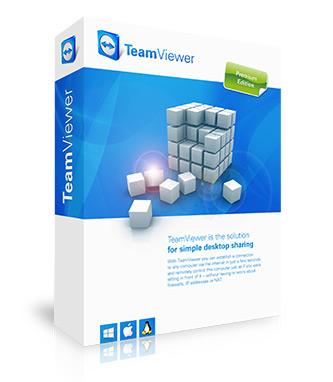Jira Software Server is a self-hosted version of Jira Software, which is a project management tool developed by Atlassian. It is designed to help software development teams plan, track, and release high-quality software. Here are some key features of Jira Software Server:
- Issue Tracking: Jira Software Server allows teams to track tasks, bugs, stories, and other issues throughout the software development lifecycle.
- Agile Boards: It supports agile methodologies, such as Scrum and Kanban, offering customizable boards to visualize and manage work in progress.
- Release Planning: Teams can plan and track releases, set release goals, and monitor progress toward those goals.
- Customizable Workflows: Jira Software Server allows teams to create custom workflows to match their unique processes, ensuring that work is completed efficiently.
- Integration with Development Tools: It integrates seamlessly with popular development tools like Bitbucket, GitHub, and Jenkins, enabling a smooth development workflow.
- Reporting and Dashboards: It provides a variety of reports and dashboards to track team progress, velocity, and other key metrics.
- Roadmaps: Jira Software Server offers roadmaps to visualize and communicate project progress and future plans.
- Integration with Confluence: It integrates with Confluence, Atlassian’s collaboration tool, allowing teams to link Jira issues to Confluence pages for better documentation and knowledge sharing.
- Automation: Jira Software Server includes automation features to streamline repetitive tasks and improve team productivity.
- Scalability: It is scalable and can be used by small teams as well as large enterprises with complex project management needs.
Overall, Jira Software Server is a comprehensive tool that helps software development teams plan, track, and release high-quality software efficiently




















